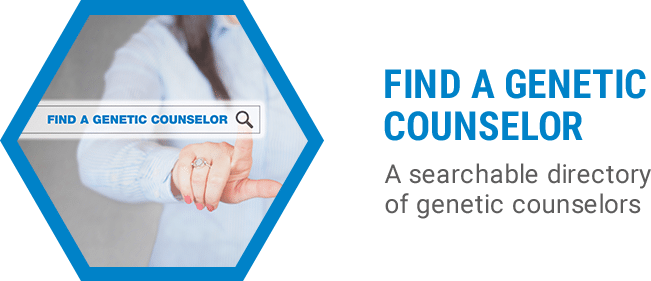Last week, we learned that a 36-year-old woman from Oregon had genetic testing and was told she carried a mutation in a gene called MLH1 that causes Lynch syndrome. According to a lawsuit filed by the woman, she was apparently informed that she was at elevated risk to develop cancer and counseled to have her breasts and uterus removed, which she did. The woman claims that she later learned that her test results had been misinterpreted and that she did not carry a disease-causing mutation in the gene. She apparently carried a variant of uncertain significance (VUS) in the gene, which may have contributed to the confusion.
This case is upsetting and unsettling, but it is not surprising. My name is Ellen Matloff, and I am a certified genetic counselor who has counseled thousands of patients over the past two decades. During that time, as genetic testing became more popular and more clinicians began ordering genetic testing without a certified genetic counselor, we began to see patients whose test results were misinterpreted.
Like this patient, some people had their breasts, ovaries, uterus, even colons removed because their test results were misinterpreted. Others were diagnosed with cancers, often at late stages, because they were misinformed that their test results were normal. Other patients have terminated healthy pregnancies because their genetic test results were misinterpreted. We see similar problems in cardiac and other types of genetic testing.
Why is this happening?
The field of genetic testing is growing quickly and the average clinician simply cannot keep up. More and more genes are being added to testing panels, and result interpretation is becoming more complex.
What can you do to reduce the risk that your genetic test results will be misinterpreted?
This one is simple. See a certified genetic counselor both before and after you have genetic testing. Genetic counselors are graduate-trained professionals who specialize in this area. They will help you to understand the risks, benefits, and limitation of genetic testing; to pick the right laboratory; and to get your insurance company to pay for testing. After genetic testing, your genetic counselor will help you interpret the results accurately and will walk you and your family through your options and next steps.
Isn’t it difficult to get an appointment with a genetic counselor?
No. This is a fallacy. The National Society of Genetic Counselors can help you find a counselor near you. If there are no counselors near you, or the wait time is too long, you may access a counselor via telephone through one of several companies offering this service. Many of these companies accept health insurance.
Is it really that important to see a certified genetic counselor?
Yes. As shown by this story, genetic testing can do more harm than good if it’s interpreted incorrectly. This can impact you, your health, and your entire family. This problem is so prevalent and the consequences so devastating that I started My Gene Counsel to develop digital tools that reduce the chance that genetic test results are misinterpreted.
And one last note, to the woman featured in this story: You are not alone. We are so sorry that this has happened to you, and we are committed to reducing the chance that it will happen to others moving forward.

